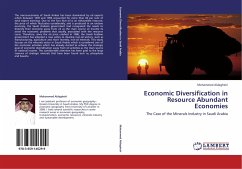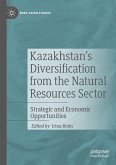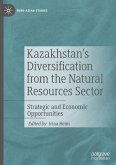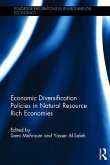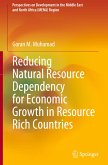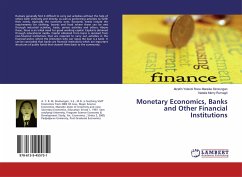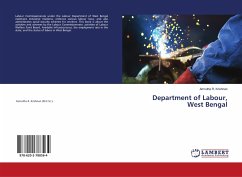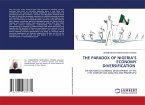The macro-economy of Saudi Arabia has been dominated by oil exports which between 1970 and 1995 accounted for more than 85 per cent of total export earnings. Due to the fact that oil is an exhaustible resource, the price of which fluctuates considerably, and is produced in an enclave economy, the Saudi Arabian government had recognized the needs to diversify their economy away from oil as the main source of income to avoid the economic problems that usually, associated with the resource curse. Therefore, since the oil price crashed in 1986, the Saudi Arabian government has adopted a new policy to develop non-oil sectors, such as manufacturing, agriculture and more recently, non-oil minerals. This study focuses on the minerals sector in Saudi Arabia which is considered one of the economic activities which has already started to achieve the strategic goal of economic diversification away from oil activities as the main source of national income. The considerable attention has been paid to the large reserves of strategic minerals that have been found such as, phosphate and bauxite.
